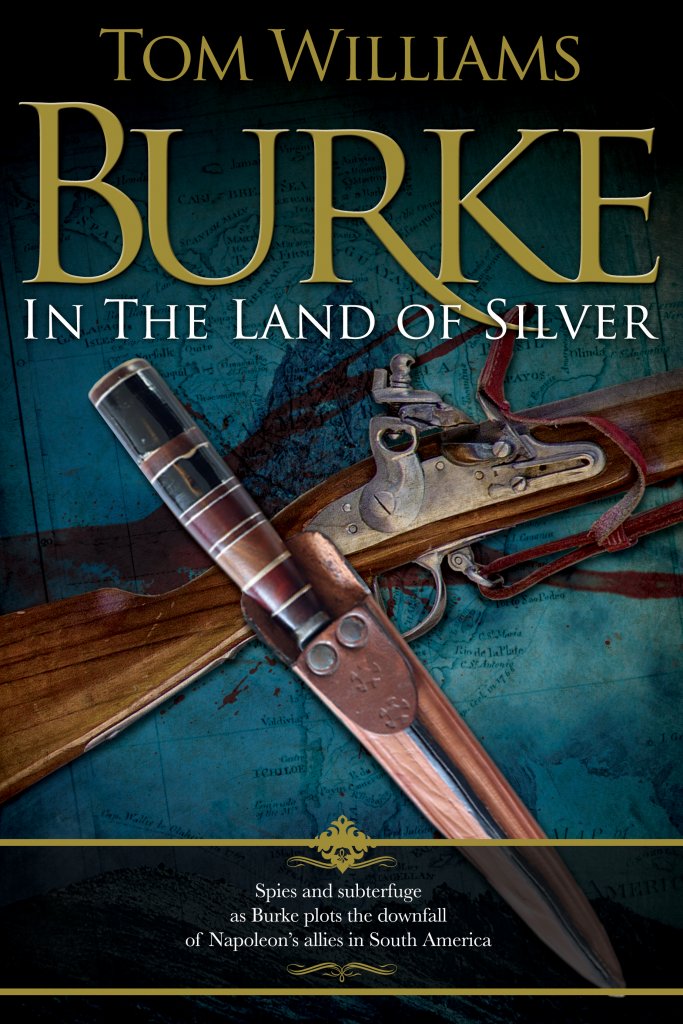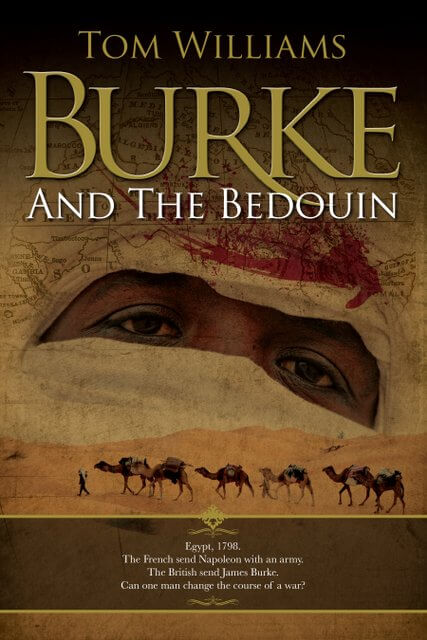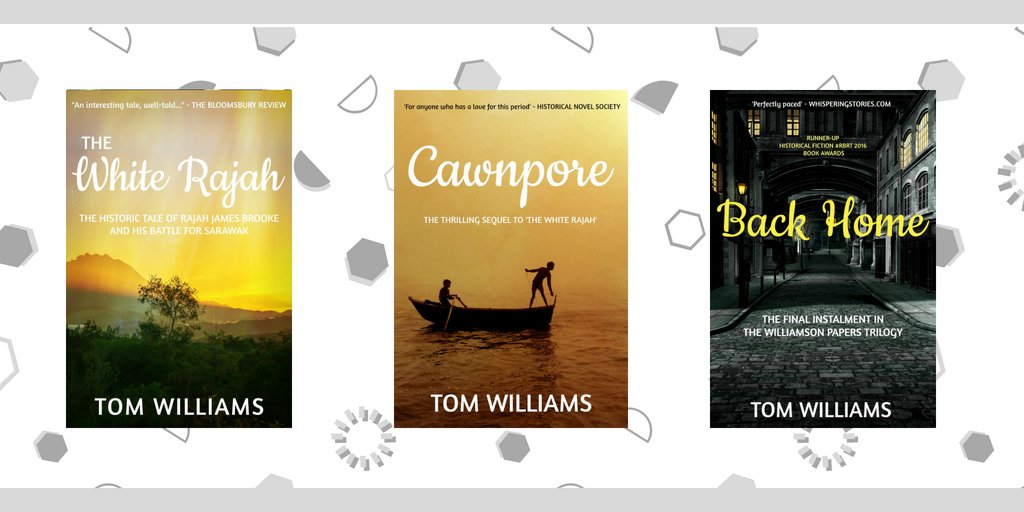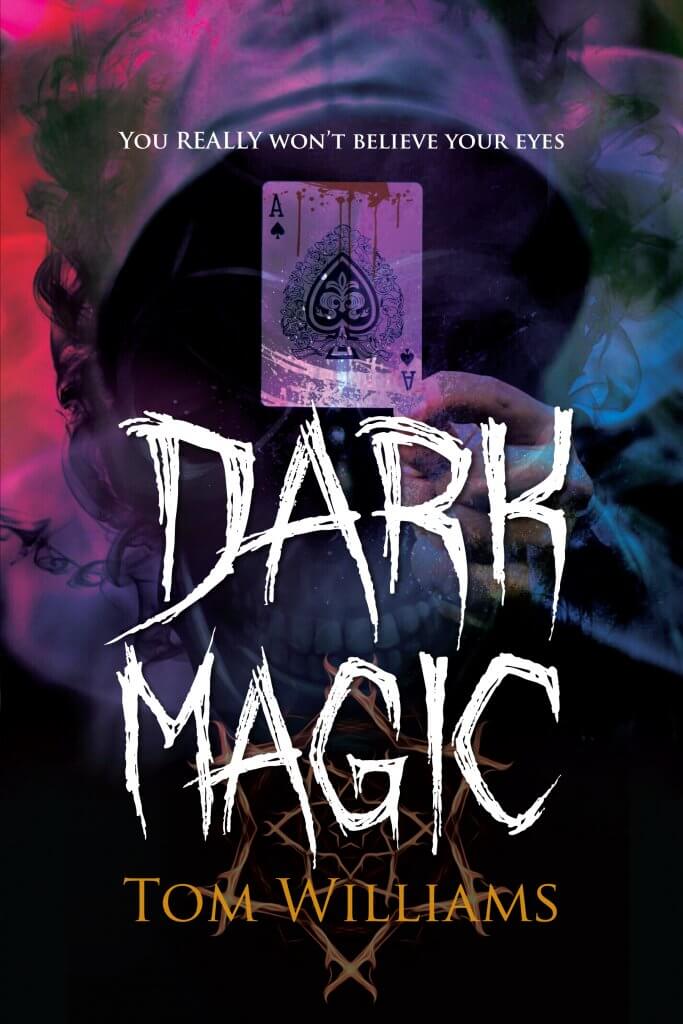It can’t have escaped your notice that it’s December and we are very firmly in the run-up to Christmas.That means it’s the time of year when starving authors try to fill their Christmas stockings by persuading you to buy their books. So here, in case you are struggling to think of a last-minute Christmas present (or you are looking for some escapist reading yourself to take your mind off season) is a quick reminder of the books available from me.
Books about James Burke
I introduced James Burke, my Napoleonic era spy, in Burke in the Land of Silver. The story is set around the British invasion of Buenos Aires in 1806 and is fairly closely based on the adventures of the real-life James Burke who, when not seducing the Queen of Spain or the Crown Princess of Portugal, turns out to be a brave and resourceful spy.

The Burke books dodge about in chronological order. That, as readers of Cornwall’s Sharpe series will know, seems to be an occupational hazard of historical fiction writers. Fortunately, all of them are written as stand-alone stories so you don’t have to worry about trying to get them in the right order. There is a 12 year gap between the events in the first chapter of Burke in the Land of Silver and the rest of the book. Burke’s second adventure, Burke and the Bedouin, slots neatly into this. After all the solid history of the first book, this is an unashamed romp, with a beautiful damsel to be saved, midnight rides across the desert and duels of wits with French spies. And, in the middle of all this, real history intrudes with Napoleon’s invasion of Egypt. We even manage to get Burke witnessing the Battle of the Nile, one of Nelson’s greatest victories. (Personally I’m with the people who think it was even more impressive than Trafalgar.) Burke and the Bedouin has no politically aware sub-text or useful message for today, which may account for the fact that though it has very few reviews, it has satisfyingly steady, if unspectacular, sales.

The third book in the series, Burke at Waterloo, was published in 2015 because there’s a law that anybody writing about Napoleonic heroes had to write a book about Waterloo 200 years after the battle. If you are interested in Waterloo but struggle to keep track of what actually happened there (and why), this is a painless introduction. If you couldn’t care less about the battle, enjoy the spy story: assassination attempts, midnight meeting in graveyards, murder, mayhem and a night at one of history’s most famous balls.

This year saw the publication of a new book about Burke: Burke in the Peninsula. Our hero is with Wellington’s army in Spain. The story, (very) loosely based on some of the exploits of a real spy there, finds Burke ranging ahead of the troops, working with the guerrillas in a dirty war against the French. The story follows on directly from Burke in the Land of Silver. In fact you could read Land of Silver followed by Peninsula and have one very long historical novel – ideal for the sort of people who like to spend Christmas buried in a long historical novel. There was going to be another book published this year but Covid has disrupted the whole publishing industry so much that I put that off until early next year. Look out for Burke in Ireland then.

The John Williamson Papers
Before there was James Burke, there was John Williamson. (At least in the order I wrote them: John Williamson’s adventures are set in the mid-19th century, a very different world from Burke’s.) These are much more serious books than the Burke series, following the experiences of my eponymous narrator as he comes face-to-face with the reality of the British Empire. The first book, The White Rajah, finds him in Borneo with James Brooke who ruled the little country of Sarawak as his own private kingdom. He moves on to India, just in time to be caught up in the horrors of the Mutiny in Cawnpore. Broken by his experiences, he returns Back Home to England to find that the rich are exploiting the poor as ruthlessly in London as their Empire does across the world.

The whole issue of the British Empire and how we should feel about it has become much more contentious since I wrote these books, but I remain proud of them because I try not to take sides. James Brooke, for example, did a lot of good in Borneo, but he also presided over some horrific wartime atrocities. Poor John Williamson, with his working class origins, is always an outsider in the world of Empire, forever caught between his European upbringing and his sympathy for the natives of the countries he finds himself in. There are no (or few) happy endings and the books were never going to have the simple appeal of the Burke series, but if you are looking for something a bit more thoughtful, I’d love you to read them.
If you want a flavour of The White Rajah, there is a short story with the characters from that book, which you can read, alongside nine other stories by some well-known historical writers, in Victoriana, which was published during the summer.
Something Completely Different
Last year I decided to do something completely unlike the historical novels I generally write. I produced a comedy-horror novella, Dark Magic. Comedy horror is always a dangerous area. Many of books in the genre are neither funny nor scary, but my Amazon reviews suggest that this had actually worked. It’s very short and fun and the paperback is only £4.99, making it an ideal stocking filler.

